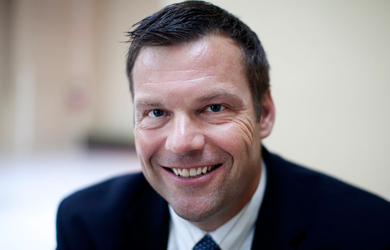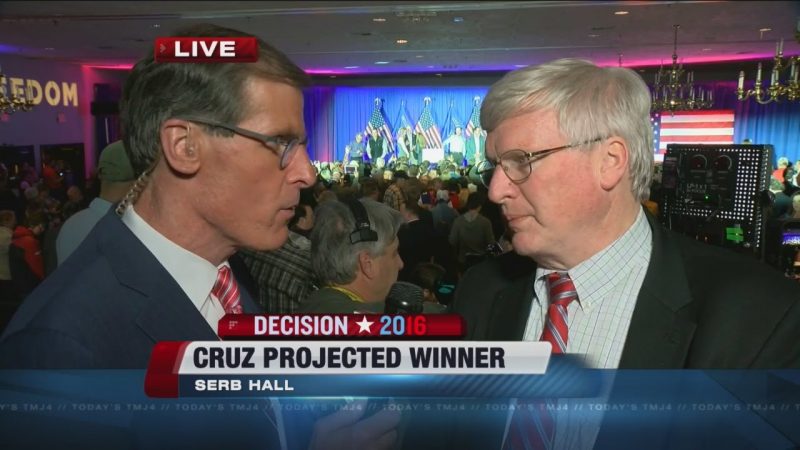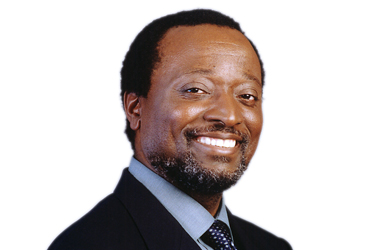Earlier this week, GOP presidential candidate Mike Huckabee said that he didn’t want “stupid” people — i.e. people who won’t vote for him — to vote at all. Then a Republican state representative in Florida was caught suggesting that the party beat Rep. Corrine Brown by redrawing her African-American-majority district to include a large population of prisoners, who are not allowed to vote in Florida.
These are just two of the instances of Republican lawmakers admitting that their electoral strategy hinges not just on winning votes, but on suppressing the votes of people who they think will oppose them.
Paul Weyrich
More than 30 years ago, an influential conservative leader explained why his movement shouldn’t “want everybody to vote.”
Paul Weyrich, an operative considered to be the “founding father of the conservative movement” because of his hand in founding the American Legislative Exchange Council (ALEC), the Heritage Foundation, Moral Majority, the Council for National Policy and other influential conservative groups, laid out the GOP’s voter suppression strategy in a 1980 speech in Dallas.
“I don’t want everybody to vote,” he said. “Elections are not won by a majority of people. They never have been from the beginning of our country, and they are not now. As a matter of fact our leverage in the elections quite candidly goes up as the voting populace goes down.”
Phyllis Schlafly
In 2013, North Carolina lawmakers pushed through a package of voter suppression bills , including restrictions on early voting, something that many African American voters had taken advantage of the previous year.
Conservative activist Phyllis Schlafly rejoiced in the news , saying that the early voting restrictions were “particularly important” because early voting had tended to help Democrats:
The reduction in the number of days allowed for early voting is particularly important because early voting plays a major role in Obama’s ground game. The Democrats carried most states that allow many days of early voting, and Obama’s national field director admitted, shortly before last year’s election, that “early voting is giving us a solid lead in the battleground states that will decide this election.”
Franklin County, Ohio, GOP
In 2012, Republican officials in Ohio repeatedly attempted to cut back early voting hours , fighting off legal challenges from President Obama’s reelection campaign.
Doug Preisse, the chairman of the Franklin County Republican Party (whose area includes the city of Columbus), put his party’s case frankly in an email to the Columbus Dispatch:
I guess I really actually feel we shouldn’t contort the voting process to accommodate the urban — read African-American — voter turnout machine.
Mike Turzai
Before the 2012 presidential election, Pennsylvania Republican House Leader Mike Turzai declared that a new voter identification law would “allow Governor Romney to win the state of Pennsylvania, done.”
Greg Abbott
In 2013, then-Texas Attorney General Greg Abbott — who has since become the state’s governor – responded to the Justice Department’s accusation that recent redistricting had discriminated against minorities by explaining that the goal was just to discriminate against Democrats and “effects on minority voters” were merely “incidental”:
DOJ’s accusations of racial discrimination are baseless. In 2011, both houses of the Texas Legislature were controlled by large Republican majorities, and their redistricting decisions were designed to increase the Republican Party’s electoral prospects at the expense of the Democrats. It is perfectly constitutional for a Republican-controlled legislature to make partisan districting decisions, even if there are incidental effects on minority voters who support Democratic candidates.







